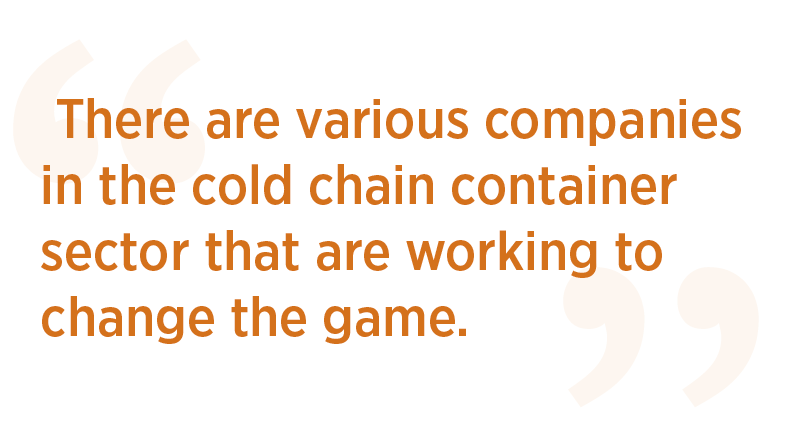Sustainability: Its Importance Can't Be Ignored
Companies along the pharma value chain strive for carbon neutrality
If there is one essential focal point that I gathered by attending LogiPharma USA in Boston, MA, back in late September—a conference that revolves about supply chain and logistics—it’s this: Sustainability is not only alive and well, it is top of mind for the pharmaceutical industry.

Many of you may be familiar with Energize, an initiative created in 2021 that “aims to accelerate renewable energy adoption and enable bold climate action within the pharmaceutical value chain.” The initiative is essentially designed to provide pharma suppliers with the information necessary to further learn about adopting renewable energy. AstraZeneca, for example, which happens to be a participating member of Energize, reminded conference attendees on day one of its pledge to invest up to $1 billion toward a program striving for zero carbon emissions from AZ's global operations by 2025, along with a goal of having its entire value chain be carbon negative by 2030.
There are various companies in the cold chain container sector that are working to change the game when it comes to efficiently transporting pharmaceutical products. For instance, AeroSafe Global, which prides itself on providing sustainable, temperature-sensitive supply chain solutions, is offering AeroLoop, a program featuring a reusable container that can be utilized more than 50 times. Between 2020 and 2022, the company calculated that AeroLoop saved and will save 33 million kilograms/33 billion grams of CO2. And when compared to single-use alternatives, the company says that the program has resulted in the following:
- 35% reduction in electricity use
- 65% reduction in waste sent to landfills
- 75% reduction in water use
Sonoco ThermoSafe, another player in this space, has committed to reducing its absolute Scope 1 and Scope 2 emissions by at least 25% by 2030; it also aims to lower its normalized energy use in its manufacturing plants by 8% in that same time frame.
From Dec. 12-14, I will be attending Informa’s Trade & Channels Strategies event in Philadelphia, PA, which will feature a plethora of topics, ranging from current and future trends impacting trade and distribution to navigating regulatory reform in the space. Let us not forget one more—yes, you guessed it—sustainability. I am honored to be presenting on the topic, specifically as an overview of ways to apply sustainable practices in the pharma industry.
I would also be remiss not to mention that I have assumed the role of Pharmaceutical Commerce’s new editor, where I will be coordinating the day-to-day editorial content of the brand. Special thanks to my predecessor, Julian Upton, for his guidance in helping me settle into this position—I look forward to helping to provide you, the reader, with valuable insight from around the industry.
Here’s to a happy and healthy New Year!

Nicholas Saraceno is Pharmaceutical Commerce's Editor. He can be reached at [email protected].

Strategic Trends in Pharmaceutical Manufacturing for Industry Leaders
March 10th 2025This link in the pharma supply chain is undergoing a major transformation propelled by technological advancements, regulatory changes, and evolving market dynamics, requiring industry leaders to adopt innovative strategies in order to remain competitive.
The Digital Transformation Reshaping Hospitals and Medication Management
January 20th 2025Despite challenges surrounding communication overload, drug shortages, and cybersecurity risks, this term is revolutionizing medication management and patient care through the use artificial intelligence and predictive forecasting.